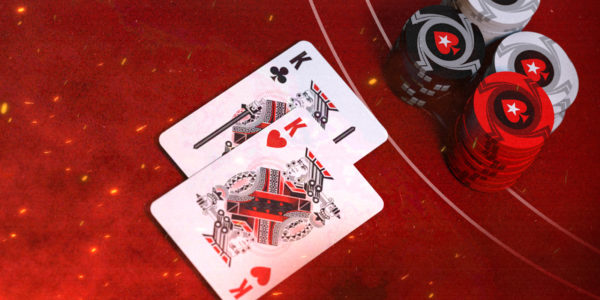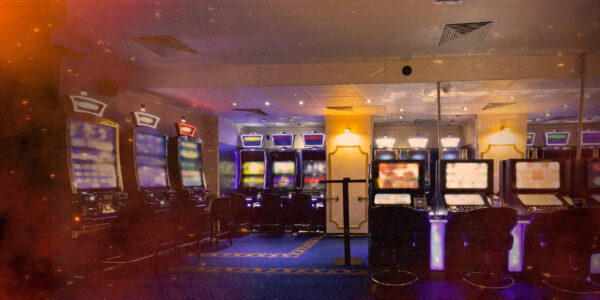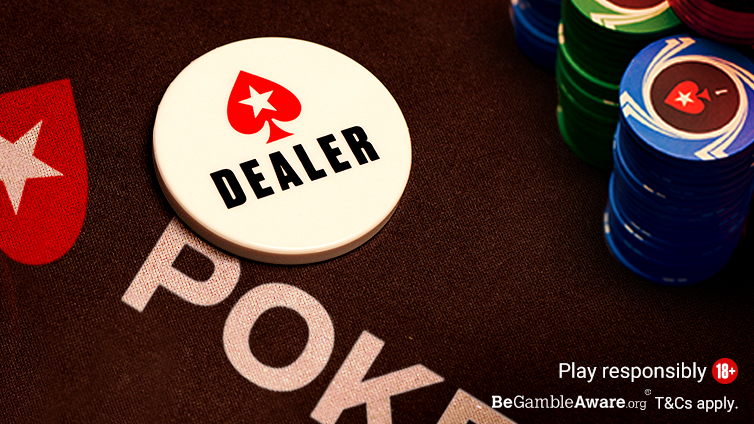Where Do Casinos Store Their Money?
As with any business worldwide, a casino has to look after its money carefully. Particularly given that casinos are thought of so synonymously with money, and often, there is lots of it. Cash flows in and out of casinos at a remarkable rate, but what happens to this money while it’s there? Behind the casino floor is a complex system designed to protect and manage large sums of money.
Cage Cashiers
Most of the money that travels through a casino is handled at some point by a cashier in what is known as a cashier or teller’s cage. This is the main place where cash transactions are processed, and chips are exchanged for money, and vice versa. The cage is located in a secure area, usually near the gaming floor, and staffed by trained personnel.
This cage in a casino is always highly secure. In some countries, it will have bulletproof glass, while elsewhere, it will at least have fortified locks and advanced surveillance systems. Access to the cage is strictly controlled, and it can only be entered by authorised staff members. Cash is then stored in secure vaults, much like those you would find in any bank.
Casinos have to store a significant amount of money, and in many places this must be equal in cash value to the value of chips in play on the floor.
Drop Boxes
Drop boxes are used by staff members on the casino floor. These boxes collect money from slot machines as well as table games. The drop box is the secure container attached to each gaming table used by dealers.
In table games such as blackjack or roulette, when players place bets, the dealer collects chips and cashes them in by dropping them into the secured drop box under the table. These boxes are specifically protected from tampering, and once money is in the box, it can only be removed by authorised staff members.
Similarly, slot machines are also equipped with drop boxes where players’ coins and notes are collected. These boxes are removed periodically, usually during quiet hours in the casino. The boxes are then transported to a secure counting room, where the contents are carefully counted and recorded.
The Counting Room
After drop boxes are removed from the machines or tables, they are taken to the counting room, another highly secure and protected area of the casino. The counting room is where the cash from the gaming floor is counted and verified.
The counting process at a casino is carried out by specially trained employees, with the entire room kitted out with highly sophisticated surveillance equipment. These days, most counting rooms have special machines that can quickly and accurately count large volumes of money. These machines can also detect counterfeit bills more accurately than staff members.
After the cash has been counted, it is bundled and prepared for storage or transfer. Some of the money is kept on-site in the vault for operational needs, while the rest is transferred to a bank to be kept safely.
Online casinos, such as PokerStars, hold money in online and physical banks rather than in a physical casino location.
High-Level Security in Casinos
Due to the vast amounts of money that casinos handle daily, security is a key priority. In addition to the common security measures such as cages, vaults, and secure transport, casinos also employ various advanced technologies to protect the money. Surveillance systems with high-definition cameras and biometric security measures such as fingerprint or retina scanners are often utilised to protect any of the assets that a casino sees.
The process of storing money in a casino is a sophisticated, detailed operation of many layers. From the casino cage and drop boxes to the counting room and online banks, every step taken is designed to protect the casino from losing any of its money. While we associate casinos with money, there is a complex web of complicated security measures designed to protect the casino and its players.
































